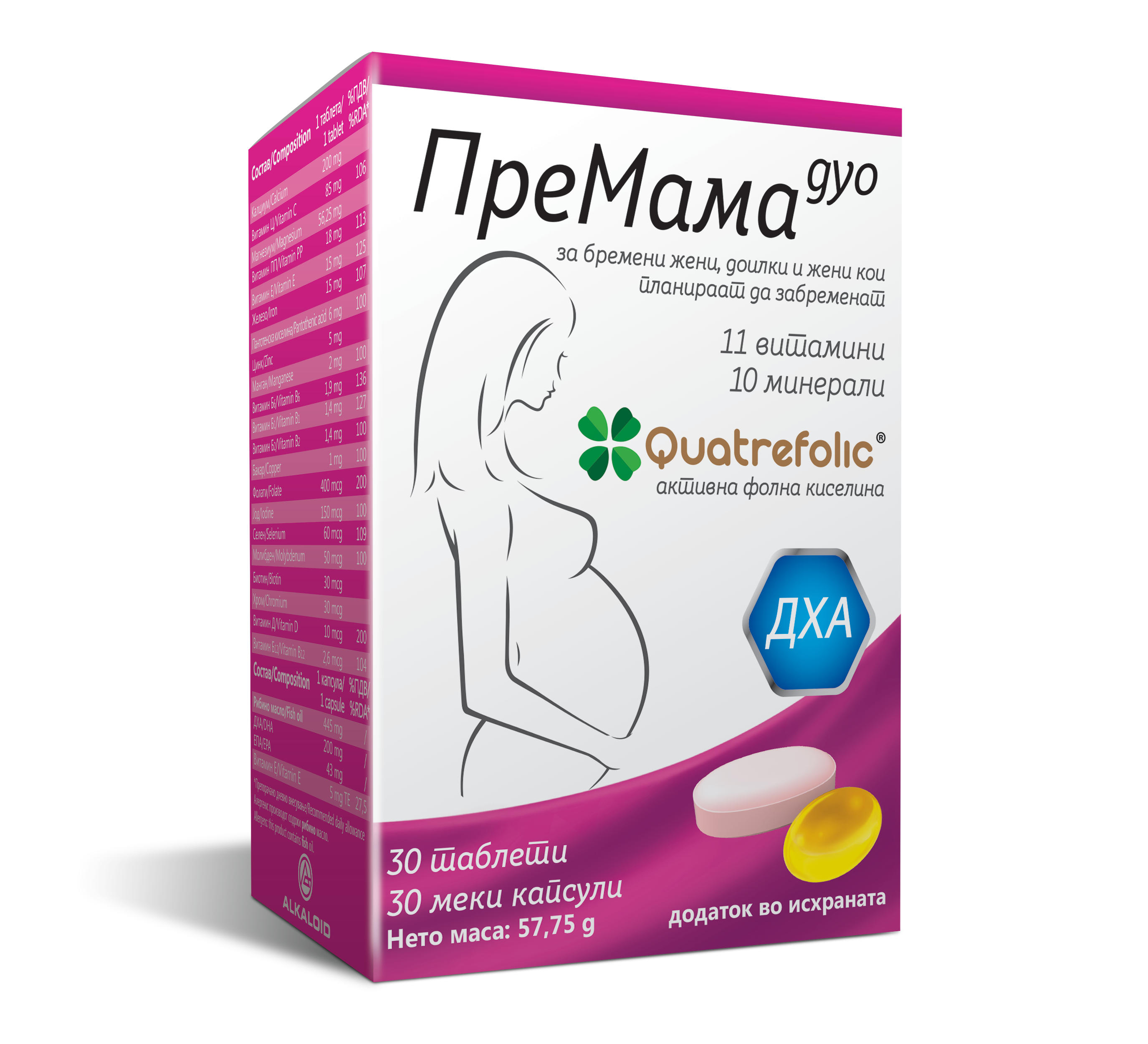When it comes to feeding and nurturing your baby, experts agree that “feeding” is best. Your baby is getting fed nutritionally and that’s all that matters. Regardless of which vessel the milk is coming from, the thing that matters the most is that your baby is growing, gaining weight, and hitting the milestones.
However, experts also agree that there are numerous benefits to the act of breastfeeding. Both for the mother and the baby. But right now, in this article, we’re going to focus mainly on the benefits for your baby.
What Is in Breast Milk Anyway?
Since most pediatricians and health care experts recommend exclusively breastfeeding up to 6 months… It’s best to ask. What is in breast milk? There are two types of proteins that are found in breast milk. Whey and casein protein. About 60% to 80% of your breast milk protein is whey and up to 40% casein. In the rest, there are fats, carbs, vitamins, and white blood cells that help fight off infections.
With that in mind… What are the top 3 breastfeeding benefits for your baby?
Breast milk contains important antibodies that fight off bacteria and viruses. Breastfeeding may protect your baby from some short-term and some long-term illnesses. Research also indicates that babies who are breastfed, have a lower risk of developing diarrhea, respiratory and ear infections, asthma, and other conditions. This especially applies to the Colostrum or the so-called “first milk” that a mother lactates during the first days after birth. The Colostrum contains high doses of immunoglobulin A (IgA), which protects the mucosal tissues from infections.
Breastfeeding promotes a healthy weight for your baby.
Several studies have shown that breastfeeding may help your baby maintain a healthy weight, and could prevent becoming obese later in life. That’s because breastfed babies tend to better regulate their milk intake. They are better at nursing until they’re satiated, which can help them learn positive and healthy eating patterns down the line.
Breastfeeding may also benefit your baby’s sleeping patterns.
It’s a debunked myth that formula-fed babies sleep longer. Yes, research has shown that both breastfed and formula-fed babies are just as likely to wake up at night. As babies usually do. However, breastfed babies go back to sleep faster than formula-fed babies. Why is that you might ask? Well, it’s because of oxytocin that the mother’s body produces and then passes on through the breast milk. When you see your baby dozing off, that’s because of the oxytocin that you gave to your baby.
But that’s not all. Let’s briefly remind that breastfeeding is beneficial for you as well.

In the months after delivery, breastfeeding might lower your risk for postpartum depression if breastfeeding is going well and you feel well-supported. As the hormone oxytocin is produced, it helps your uterus contract faster to its normal size, and reduces the amount of vaginal bleeding after delivery. Breastfeeding may also help mothers lose the weight gained during pregnancy as it burns more calories.
Last but not least, breastfeeding is this special opportunity to build connection with your baby, feel each other, learn from each other and establish trust.
Finally, whatever you decide is the best option for you and your baby, the most important thing is they are fed nutritionally and happy.



